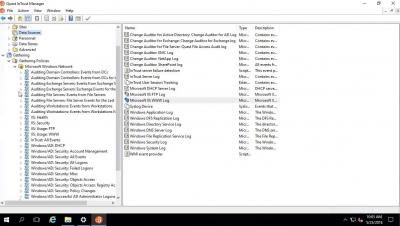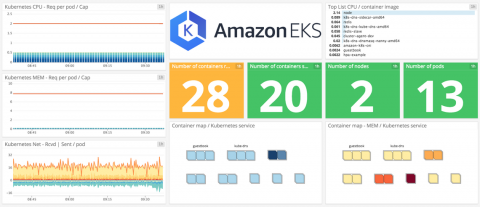Operations | Monitoring | ITSM | DevOps | Cloud
opsdemon
Latest posts
Getting Started with Event Intelligence
PagerDuty Event Intelligence
Collecting Microsoft IIS logs with Quest InTrust
Moving from Node.js to .NET and Raygun with John-Daniel Trask
Software Intelligence Platform For Web & Mobile | Raygun
Kubernetes, Data Science, and Machine Learning
LogicMonitor
Monitor Amazon EKS with Datadog
Amazon Elastic Container Service for Kubernetes (EKS), the latest addition to the AWS platform, is a cloud-based Kubernetes service that provides features for automated cluster management and maintenance. Whether you are migrating an existing Kubernetes cluster or deploying a new application to Amazon EKS, Datadog can help you monitor your container infrastructure and applications in real time.
Elasticsearch Performance Tuning
Once you have your Elasticsearch running, you’ll likely eventually find that performance starts to suffer over time. This can be due to a variety of factors, including changes in the way you’re using your cluster to how much and what types of data are being sent in. In order to maintain your cluster, you’ll need to set up monitors to alert you to any warning signs so that you can proactively handle available maintenance windows.
New Release: Public Status Page | Breakdown and Use Case
Uptime Status Pages can now be shared publicly. You will find that they are a useful tool for information sharing under a variety of circumstances. Internal pages offer excellent insight for your team, but public status pages provide users and other parties helpful information about your services and websites.




















